The Best Supplements for Runners
- February 9, 2021
- Last Updated: February 12, 2024
- 0 Comments
- Sports Nutrition
This post will review some of the common best supplements for runners, including vitamins and minerals that are typically recommended or asked about, or even that may be low in many runners’ diets.

Disclaimer – This post is for informational purposes only and is not for diagnosing or treatment. See your medical provider or Registered Dietitian for individual recommendations.
As an Amazon Associate, I may earn from qualifying purchases.
Disclaimer: I am a Registered Dietitian and sports dietitian, but I am not providing individualized medical advice. Please seek 1-1 personalized recommendations through your personal care provider.
Runners expend a lot of energy through physical activity and because of this, many people are curious about the best supplements for runners to ensure he/she is getting optimal nutrient intake.
If you’d like a free download of the best supplements for runners, click here.
Table of contents
As we’ll discuss throughout this post, the best nutritional supplements for runners is not a blanket statement and each person’s individual medical history and goals should be considered.
Whether we are discussing the best recovery supplements for runners, vitamins for female runners, or supplements to increase endurance running, they are not all the same thing.
Let’s first start by defining what constitutes a dietary supplement and then we’ll get into the research on specific supplements that may be beneficial for runners.
What Is A Dietary Supplement for Runners?
A dietary supplement contains one or more dietary ingredients including vitamins, minerals, herbs or other botanicals, amino acids, and other substances.
They are usually intended to be taken by mouth as a pill, capsule, tablet, liquid, or powder. Supplements are meant to supplement a balanced diet.
There is NO nutrition supplement for runners that is going to take the place of a balanced and adequate diet, so if someone is selling you that, run away fast.

Supplements are taken for a variety of reasons such as to directly or indirectly improve athletic performance, enhance recovery from exercise, to ensure adequate intake for overall health, and to correct or prevent nutrient deficiencies.
Since there is SO much information out there, we did the work for you and made a whole module about running supplements for endurance in our endurance athlete course.
As we’ll discuss, certain supplements may be part of the best recovery drink for runners, but they don’t have to be if your diet is adequate.

Supplement Safety Regulations
The main thing to know about supplements is that the supplement industry is NOT well regulated like the food industry is in the USA.
It is a $40 BILLION industry with more than 80,000 products available. So the main concern is always safety and legality.
The best vitamins for runners may not apply to you, or may warrant a different supplement regimen than the athlete next to you.

If you are buying supplements, I recommend getting products that are 3rd party tested.
This means that an outside company has come in and verified that what’s in the product is actually in the product and there are no unwanted ingredients in the product.
I recommend NSF certified for sport, especially for athletes who may be drug tested. Additional 3rd party certifications to look for are BSCG and Informed Choice for Sport.
You can look online to see if your specific product or brand is 3rd party certified or you can look for these labels on the products themselves.

It’s also important to know that not all brands and products are created equal.
When it comes to high quality, there are some brands and products I like and recommend such as Klean Athlete, Nordic Naturals, and Thorne Research.
Watch out for claims that are “too good to be true” because they are likely just that. Some of these “Red-flag” terms include:
- Energizer
- Fat Burner
- Metabolic Booster
- Proprietary Ingredients
- Testosterone Booster

Supplements for Running Endurance: Pros and Cons
When deciding to take supplements for running endurance, you want to consider some key points.
Firstly consider the safety and legality. Next, consider the reasoning for wanting to take a particular supplement for running endurance or recovery, whether it’s a pre run supplement or a training supplement.
Some questions to ask yourself:
- Are you taking it to give you more energy?
- Is it for better recovery or sleep?
- Is there research to show that this product actually works? (If not, you are wasting your money and potentially taking a harmful supplement).
As always, start by looking at the diet first to see if there are changes you can make before adding in a supplement.
For example, if deciding pre workout vs coffee before a run, what are the ingredients in pre workout that you can’t get in your normal diet?
Everybody is different and has unique nutritional concerns and needs so there are no generic “best endurance supplements” to take.
Please consult your doctor or a Registered Dietitian before taking a new supplement.

What Is the Best Supplement For Runners?
When considering the best supplements for runners, consider overall wellness and your general diet.
Supplement recommendations are going to be very individualized based on an individual’s dietary intake, training status, bloodwork, disease states, injury history, age, etc.
The two supplements I recommend to most people are Vitamin D and fish oil.
Turmeric also has a lot of research backing it for its anti-inflammatory nature and making things seem less difficult and stressful.
- Vitamin D – Most people are deficient in Vitamin D and it is important for bone health, muscle health, immune health, and more. It is also very hard to get enough through diet alone.
This is one reason why we really try to get two servings of fish weekly, like this lemon garlic salmon salad, sheet pan salmon and veggies and zucchini salmon fritters. We eat a lot of dairy and egg (yolks) too!
Supplementing with ~2000 IU per day will help maintain your Vitamin D levels.
If your bloodwork shows you are deficient in Vitamin D, you will likely need a higher dosage to correct the deficiency and then follow the maintenance dosing recommendations.
Again, please see YOUR medical provider for specific instructions.

- Omega 3 – Multivitamins for runners may not include omega 3, so I also recommend fish oil or an omega 3 supplement because most people are not eating fatty fish at least twice per week.
Omega 3s are important for brain health, managing inflammation, and recovery. Quality is very important when looking at fish oil supplements. I recommend Nordic Naturals or Klean Athlete.

A dosage of approximately 2g per day is recommended.
More may be taken under supervision of a medical professional based on an individual’s dietary intake.
Another thing to consider is the reason behind taking additional fish oil, such as recovering from a concussion or other brain injury, which it can be very helpful for.
A SPORTS DIETITIAN IN YOUR POCKET?!
This is the sports nutrition resource you’ve been missing in your training. It can help make sure you’re eating enough for performance and recovery. – grab it now!
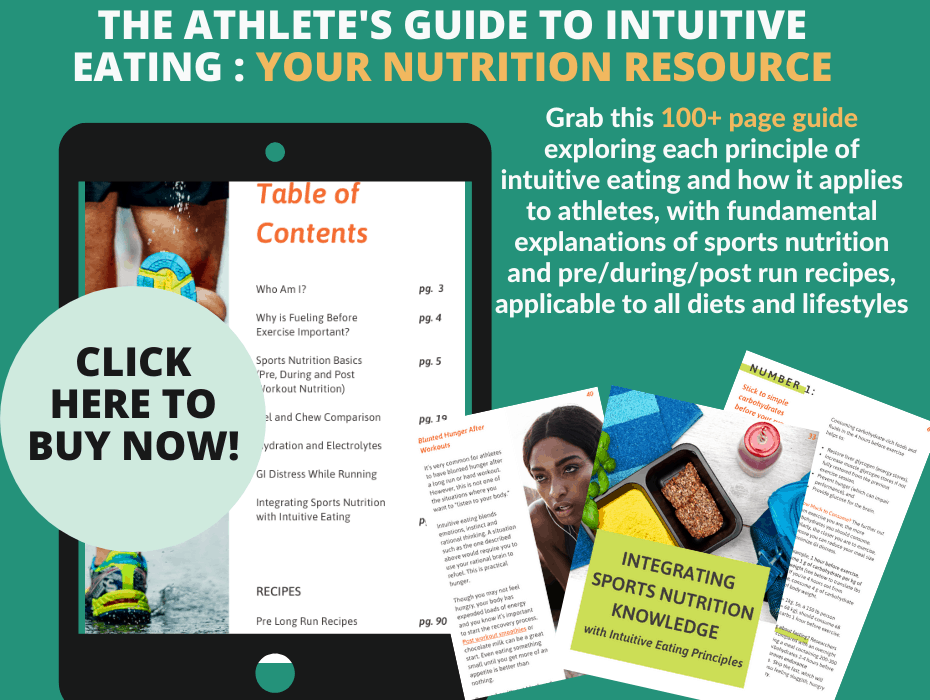
Best Supplements for Runners
What are the best supplements for endurance athletes? These supplements below have specific research attached to them in terms of supplements for endurance athletes.

Creatine
Creatine is found naturally in the body and can be made from amino acids and consumed through animal products such as meat.
It is one of the most commonly used and popular dietary supplements. It is most often used for muscle building and with high-intensity exercise.
Also, creatine for runners is one of the most tested performance-enhancing supplements for runners. The most common and well-researched supplemental form of creatine is creatine Monohydrate.
You may have heard of BCAAs, it’s helpful to understand BCAAs vs creatine and also whey protein or creatine.

When first beginning to take a creatine supplement, you may start out with a “loading” phase. That is, taking a higher dosage for a few days to get creatine stored up in the muscles before transitioning to a “maintenance” phase.
The loading phase recommendations are to take 20 grams of creatine monohydrate per day for 5-7 days, split into 5g dosages spread throughout the day (Source).
After loading the muscles, you would then take 3-5g per day to maintain the higher levels of creatine in the muscles.
You can also supplement without the loading phase, by taking 3-5g per day, but it may take a couple of weeks to see the effects of the supplement.

Taking a creatine supplement is not necessary if you are consuming an adequate amount of protein in your diet. And protein after running, especially, is a good time to include an adequate protein meal or snack.
Vegetarian runners, or those who don’t eat meat products, may have lower levels of creatine in the body and therefore, may benefit more from a supplemental form.
Leucine & BCAAs
Are BCAAs good for runners? Branched Chain Amino Acids (BCAAs) include leucine, isoleucine, and valine. BCAAs for runners can be beneficial in some situations.
These amino acids are considered essential, meaning the body cannot make them on its own and therefore need to be consumed through food and/or supplements.
If wondering what kind of BCAAs to take, make sure it includes these in the correct amounts. See Leucine Benefits for Runners for more information.
Probably not necessary to take a leucine supplement unless you follow a vegan diet or don’t eat much meat. A vegan runner’s diet may require more supplements since it is more restrictive.

Protein powder
Protein powders, bars, and drinks are very commonly used supplements among runners, athletes, and non-active individuals alike. Depending on their nutrition profile, can be some of the best recovery supplements for endurance athletes.
My favorite protein powder for runners uses a whey protein powder. Since I get so many questions about protein powders, I wrote a whole post about protein powder for runners here.
Protein powders are not typically used as a pre workout for running, but instead in recovery drinks for runners or in healthy snacks for athletes.
They offer a convenient way to get some nutrition on the go and they can also help aid in muscle recovery post-workout.

Typically, after a challenging workout, it’s optimal to get a snack or meal with both carbs and protein in as soon as possible to begin the recovery process. Protein shakes for runners can be an easy way to do that.
Recovery needs are individualized depending on body size, duration and intensity of workout, and goals; but in general, aim for 15-40g of protein post-workout.
If you are using a protein powder, you will want to get one that also contains carbohydrates for optimal recovery post-workout or pair it with a source of carbohydrates such as sports drink, fruit juice, milk, or add it to a smoothie with frozen fruit.

Gelatin/Collagen
Collagen is the primary structural protein in the body that makes up the building blocks of bones, skin, tendons and ligaments. It can even be thought of as the “glue” that holds these things together.
Animal products, such as gelatin, are very high in collagen.
Collagen peptides have become a popular dietary supplement over the last several years. It can be easily added to beverages, foods, or made into homemade Jell-O.
While there is not direct research linking collagen to improved athletic performance, it is commonly used to help with muscle and joint pain and may help to improve skin elasticity.
The recommended dosage for supplementation is 5-15g gelatin with 50mg Vitamin C, as Vitamin C enhances absorption.

Vital Proteins is an NSF certified brand of collagen peptides that also contains Vitamin C, which helps with the production of collagen.
Taking a collagen supplement is generally not necessary if you are consuming an adequate amount of protein in your diet.
Beet Juice or Beet Root Powder
Beet juice or beet root powder is often used as a pre-workout supplement to activate Nitric Oxide in order to promote oxygen efficiency and improve endurance and stamina.
It is typically taken 20-30 minutes before exercise for optimal benefits.
Beets, beet juice, and beet root powder are usually well-tolerated although they may cause your urine to become pink or red.
This is harmless, but can alarm people who don’t know about this side effect.
Anti-Inflammatory Supplements
Turmeric (Curcumin)
Curcumin is the active ingredient in turmeric, a commonly used spice in Asian cuisine. It may help to manage inflammation within the body and provide some aid in joint and muscle soreness.
Since it’s hard to get an adequate amount through the spice itself, supplemental forms of turmeric have become widely available. It is a potent antioxidant, and has been reported to have pain-relieving benefits similar to NSAIDs but without the harmful side effects.
Thorne’s Meriva 500 is NSF certified for sport and is a great option for getting started with this supplement. A dosage of about 5g per day is recommended.
Additionally, Vega Sport has tart jerry juice extract, turmeric and beetroot powder and is NSF certified for sport. Both are great recovery supplements for runners.
You can also add turmeric (the spice) to your foods, like in these parsnip fries, baked cauliflower, and turmeric salmon cakes.
Some of these may be helpful in aiding in your post half marathon recovery journey!

Tart Cherry Juice
Tart cherry juice is another powerful antioxidant and anti-inflammatory product that may decrease muscle damage and soreness, reduce pain, and improve recovery after intense exercise.
It may also help promote better sleep as it is a naturally occurring source of melatonin, the sleep hormone. Generally taken post-workout, it’s safe to consume this beverage (~ 8 oz.) 1-2x per day.
I used tart cherry juice in these electrolyte gummies and share more studies about tart cherry juice in this recovery foods for runners post.

Additional Nutrients & Supplements for Runners
Because of the intense physical demands of running, some runners may also need individual vitamin and mineral supplements, or electrolyte supplements.
While I often preach a varied and diverse diet, some runners can’t eat enough calories or energy, so understanding the best supplements for distance runners is paramount.
Electrolytes supplements for runners, such as sodium, magnesium, potassium, and calcium, can help with hydration, recovery, preventing deficiencies, correcting an already diagnosed deficiency, and maintaining adequate bone health.
Iron is another common nutrient discussed for running. Iron for runners is a hot topic because needs are generally higher than other athletes, so keep iron rich foods on your athlete’s grocery list.
If you follow a vegetarian diet, follow these tips for high iron vegetarian tips for runners.

Remember, it is not recommended to supplement with individual vitamins and minerals without having bloodwork done first.
It is also recommended to consult your physician or a Registered Dietitian prior to taking a new supplement.
Caffeine can also be a potential ergogenic aid that may be worth taking. See this post on Caffeine and Running to learn more.

Sources:
Hall M, Trojian TH. Creatine supplementation. Curr Sports Med Rep. 2013 Jul-Aug;12(4):240-4. doi: 10.1249/JSR.0b013e31829cdff2. PMID: 23851411.
Maughan RJ, et al. IOC consensus statement: dietary supplements and the high-performance athlete. Br J Sports Med. 2018 Apr;52(7):439-455. doi: 10.1136/bjsports-2018-099027. Epub 2018 Mar 14. PMID: 29540367; PMCID: PMC5867441.
Ruirui Gao & Philip D. Chilibeck. Effect of Tart Cherry Concentrate on Endurance Exercise Performance: A Meta-analysis, Journal of the American College of Nutrition. 2020. DOI: 10.1080/07315724.2020.1713246
Do you take any of the supplements mentioned in this article? Have you found them to be helpful?
Are there any supplements mentioned in this article that you have not tried and that you would like to know more about? Comment below!
Support Bucket List Tummy

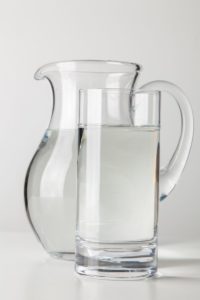
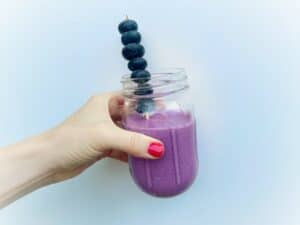

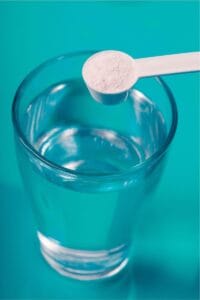

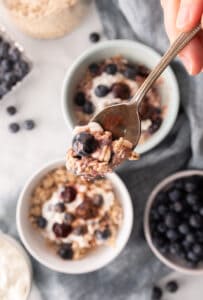


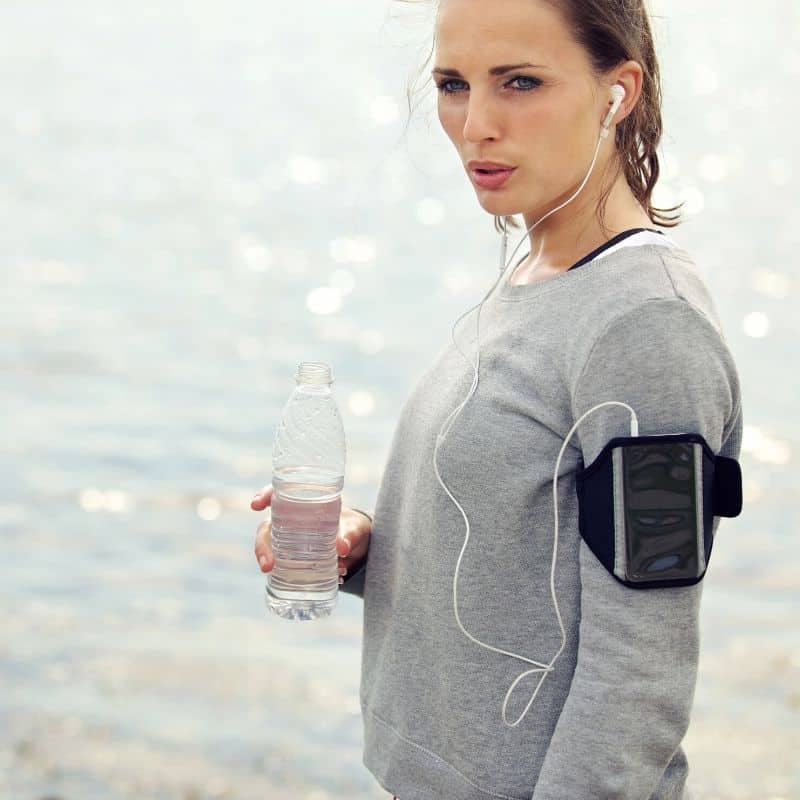
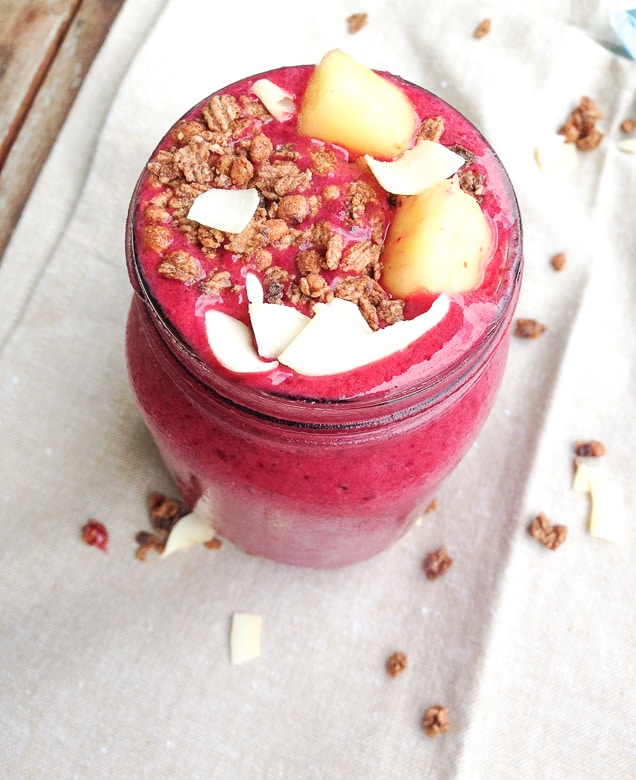


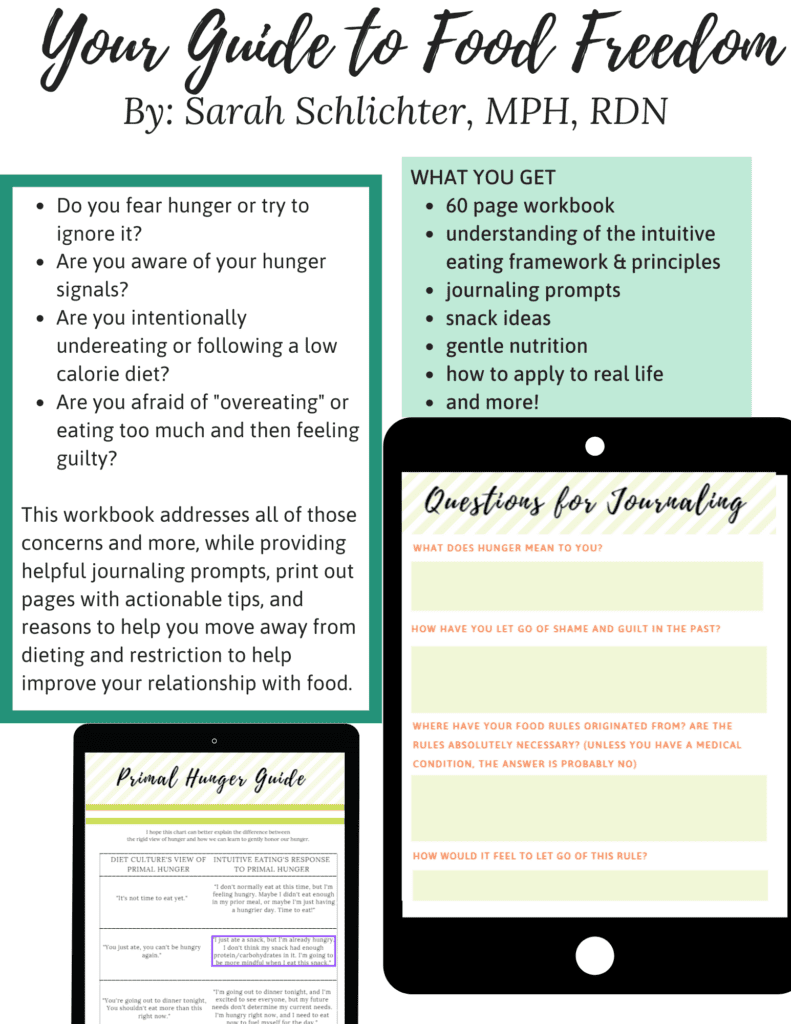









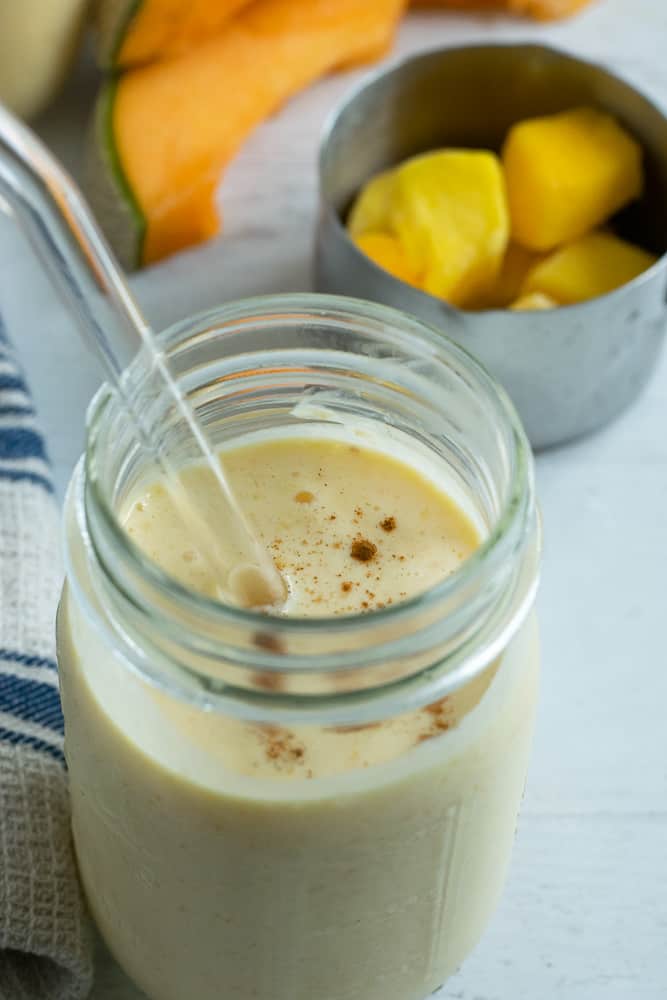



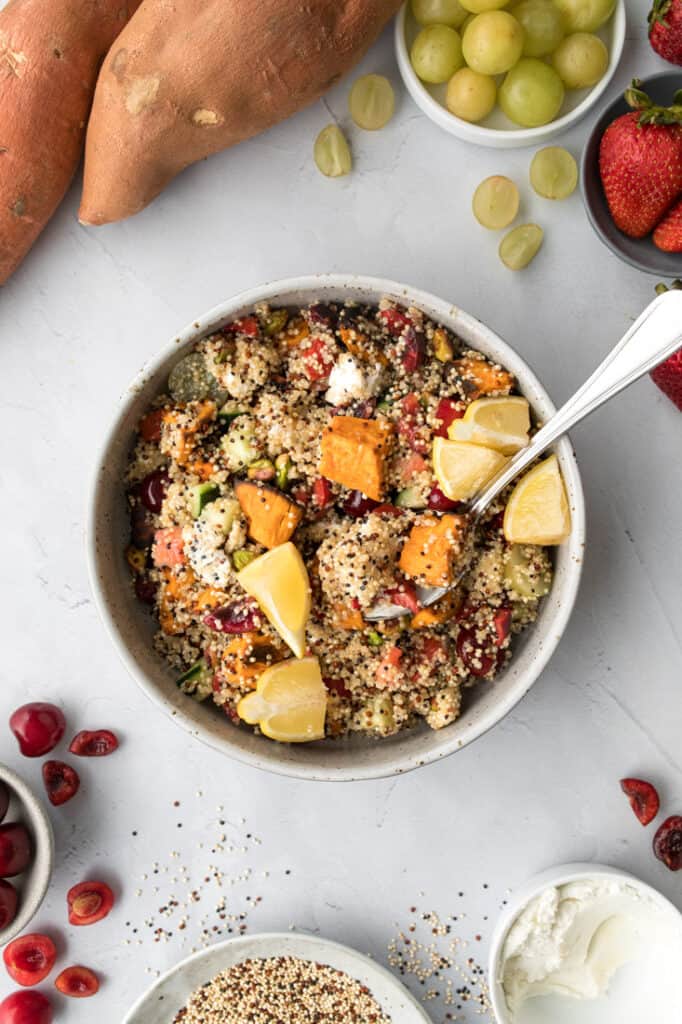

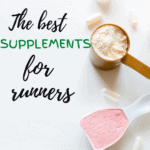
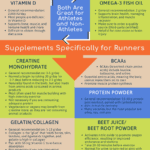
Like This Content?
Support Bucket List Tummy